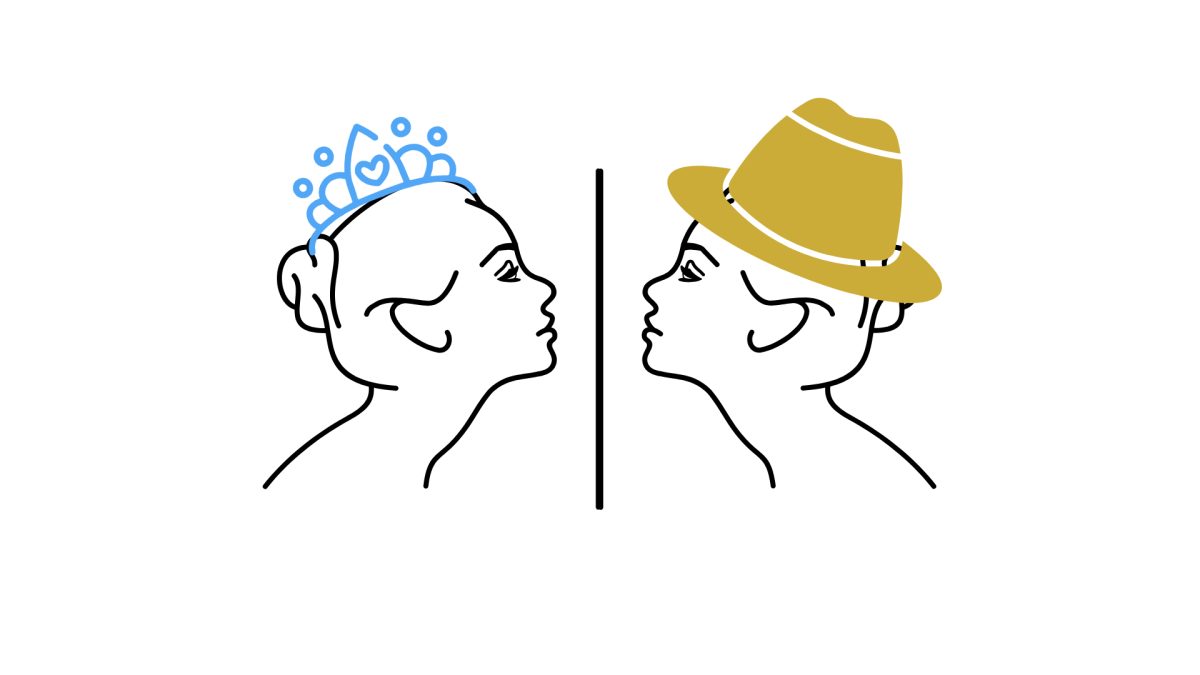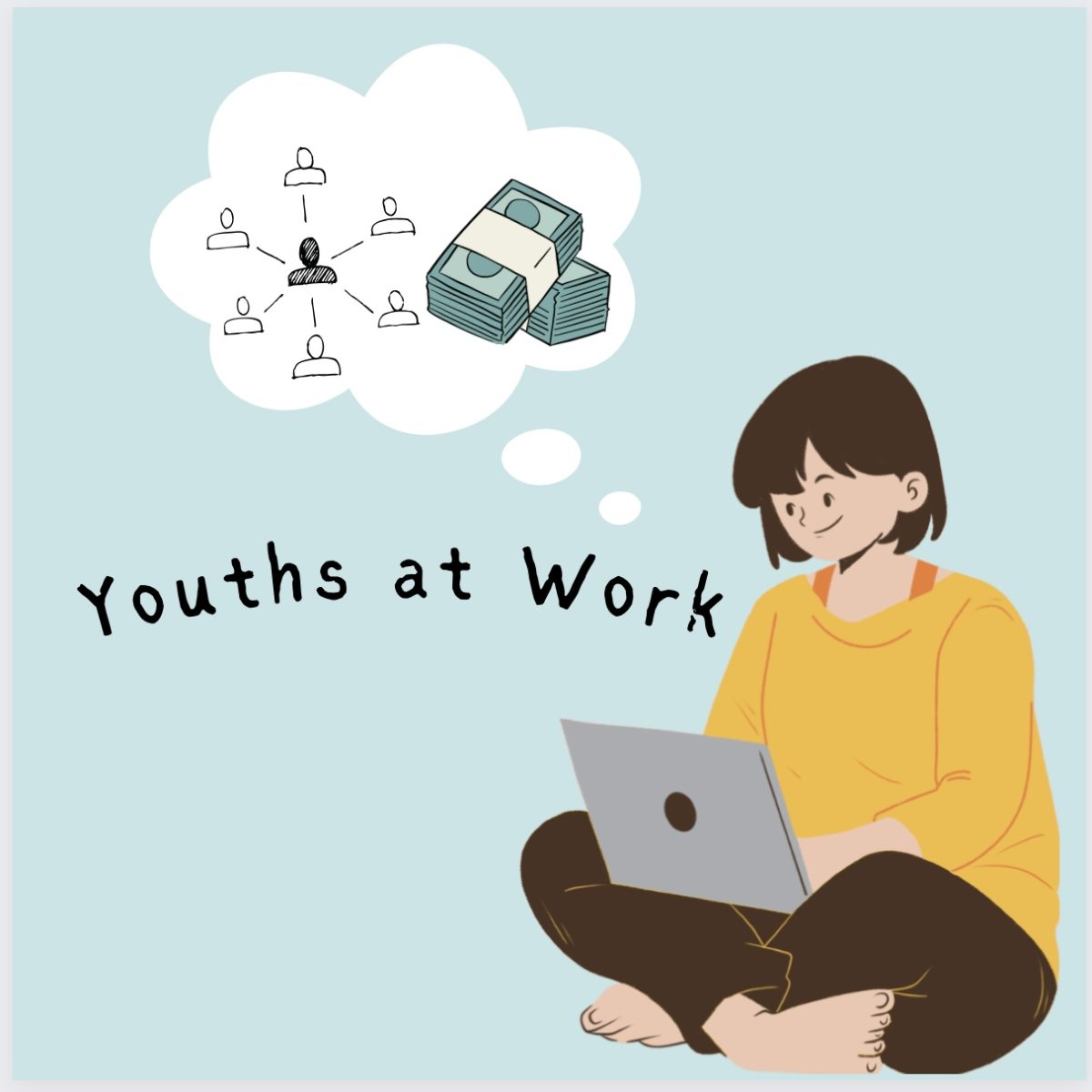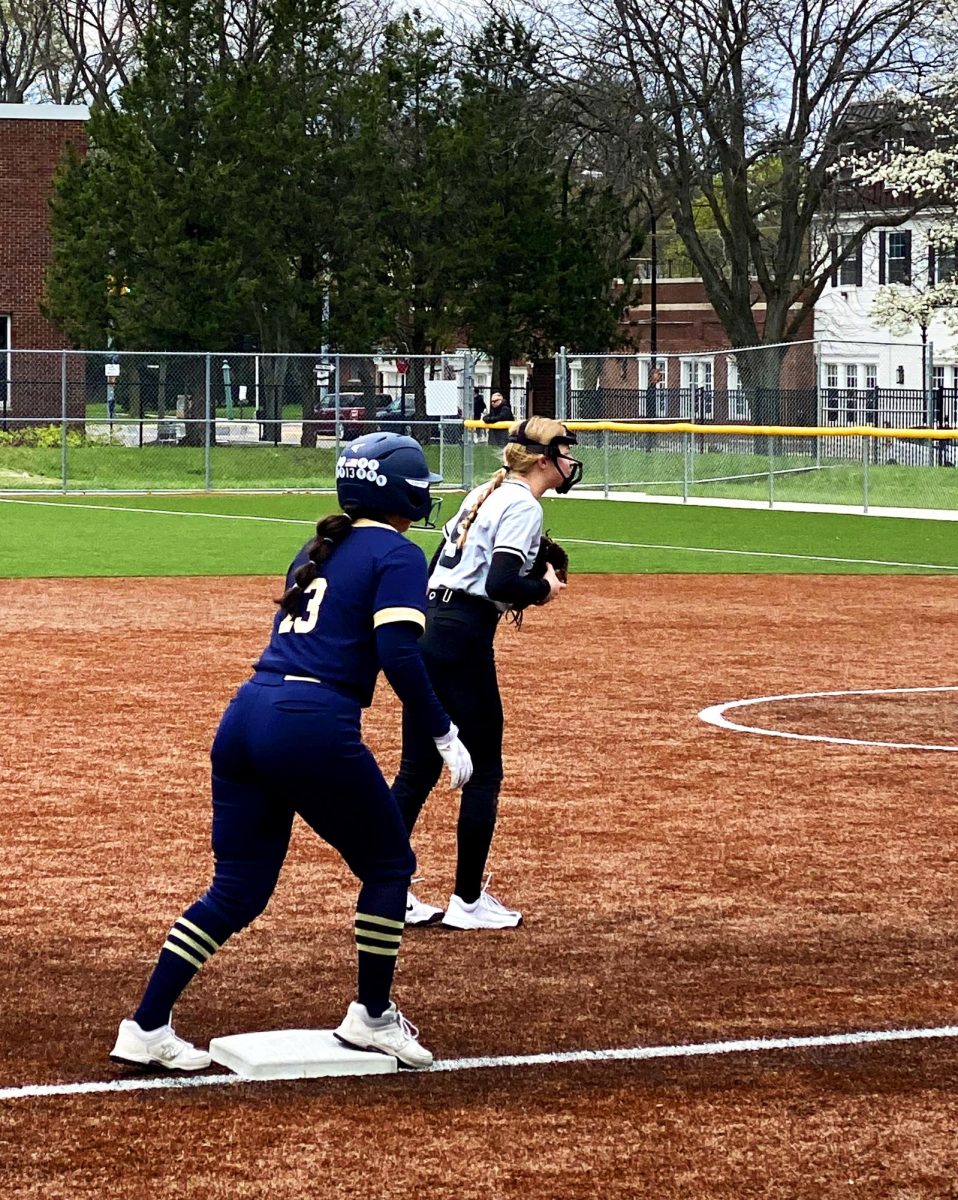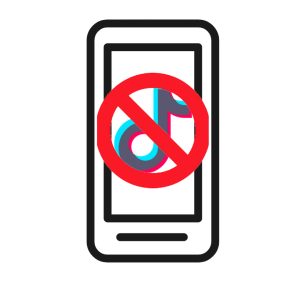Healthy around the holidays
How students navigate food and find health over the season
December 20, 2018
“My brain tells me, ‘oh, if you eat this food, you’ll never crawl out of this hole you’ve created,’” Claire Wininger ’21 said. “That’s my holiday experience.”
As the holiday season finally dawns and expectations of winter cheer flood students’ minds, Wininger finds herself with a small weight on her excitement: her diet. Specific and restrictive, what she is able and unable to eat gnaws at the back of her mind, according to Wininger, making it difficult to relate to her friends’ anticipation.
“I’m a pescatarian, so I can eat fish, but otherwise no meat,” Wininger said. “It makes my family dinners really difficult to navigate, holiday or no holiday.”
For Wininger, what she eats has stood as an inconsistent yet still impactful force within her life, having been present even during her elementary school years.
“It’s been an on-and-off battle for a majority of my life,” Wininger said. “It’s scary how much my diet has fluctuated. There are days where I’ve been good and days where I feel like everything about my body is something others can critique.”
In a recent Tower survey, polls found that 50 percent of South students feel dietary pressure, be it from social media or their personal relationships with friends and family. That said, 36 percent of students know peers who have both dieted in the past and are currently dieting. 52 percent of students expressed that the holiday season added additional anxiety to monitoring their image and physical health.
“In some cases, people will diet as a result of New Year’s resolutions, but in general, food is simply a big part of the holiday season,” Wininger said. “You can’t escape it.”
Making healthy choices and not ‘overdoing it’ is even more of a struggle around the holidays, according to Henry Ford Health System’s director of the Center for Health Promotion and Disease Prevention, Bethany Thayer, even when those not preoccupied with their body image may not realize it.
“The holiday season can mean a lot of navigation around food,” Thayer said. “Often, there are a variety of different foods you normally have available and there’s usually more of an abundance of food. At the same time, you want to look good in your holiday clothes at the various parties that are going on, so you may be tempted to skip meals or try supplements. Neither of those are good for your health.”
According to school psychologist Lisa Khoury there is an extremely fine line between being conscious of what one is eating and leaning into obsessive and possibly dangerous territory.
“Restricting what you’re eating, letting food overtake your life and just letting food impact you in terms of your thoughts and obsessions is right when (dieting) becomes a problem,” Khoury said.
There are often many conflicting messages teenagers are hearing, seeing and reading about food and nutrition that it’s to discern what’s actually right for themselves and their individual circumstances, according to Thayer. Ultimately, the abundance of information available to students regarding the dieting world may actually contribute to unhealthy relationships with food.
“Often, these messages call certain foods “bad” or suggest that somehow you are “bad” or “stupid” for eating them,” Thayer said. “This may make you start to feel like a bad person for liking or eating particular foods. Likewise, if you haven’t learned good coping skills for the many different emotions you have as a teen, you may turn to food to comfort those emotions rather than because you are physically hungry.”
Thayer also notes that while we may all want to look our best, teenagers may have a distorted image of what they think they look like that contrasts with how they truly look. When this turns into a preoccupation with looks and leads to a fear of weight gain, a preoccupation with food and calories, preferring to eat in isolation or exercising compulsively, Thayer said, dieting is able to do much more harm than good.
“I definitely want to make (my diet) a lifestyle, but I’ve struggled with maintaining it,” Wininger said. “I was pretty overweight when I was in elementary school, and while I’ve lost the weight, your demons are always still haunting you in the background.”
Even with recent years bringing stronger emphasis on positive health movements, organic food production and learning the production processes behind common foods, Khoury said societal expectations of body types are still prevalent.
“There’s always been a push in the media for the perfect size,” Khoury said. “Only relatively recently has there been more ‘leniency’ for a more reasonable body image to accommodate for and represent the general public.”
Thayer emphasizes that eating should be pleasurable and nourishing, and if it isn’t, to not suffer in silence.
“We don’t so much need body positivity, we need body acceptance,” Wininger said. “We need to accept the fact that everyone’s body is normal.”


























































































